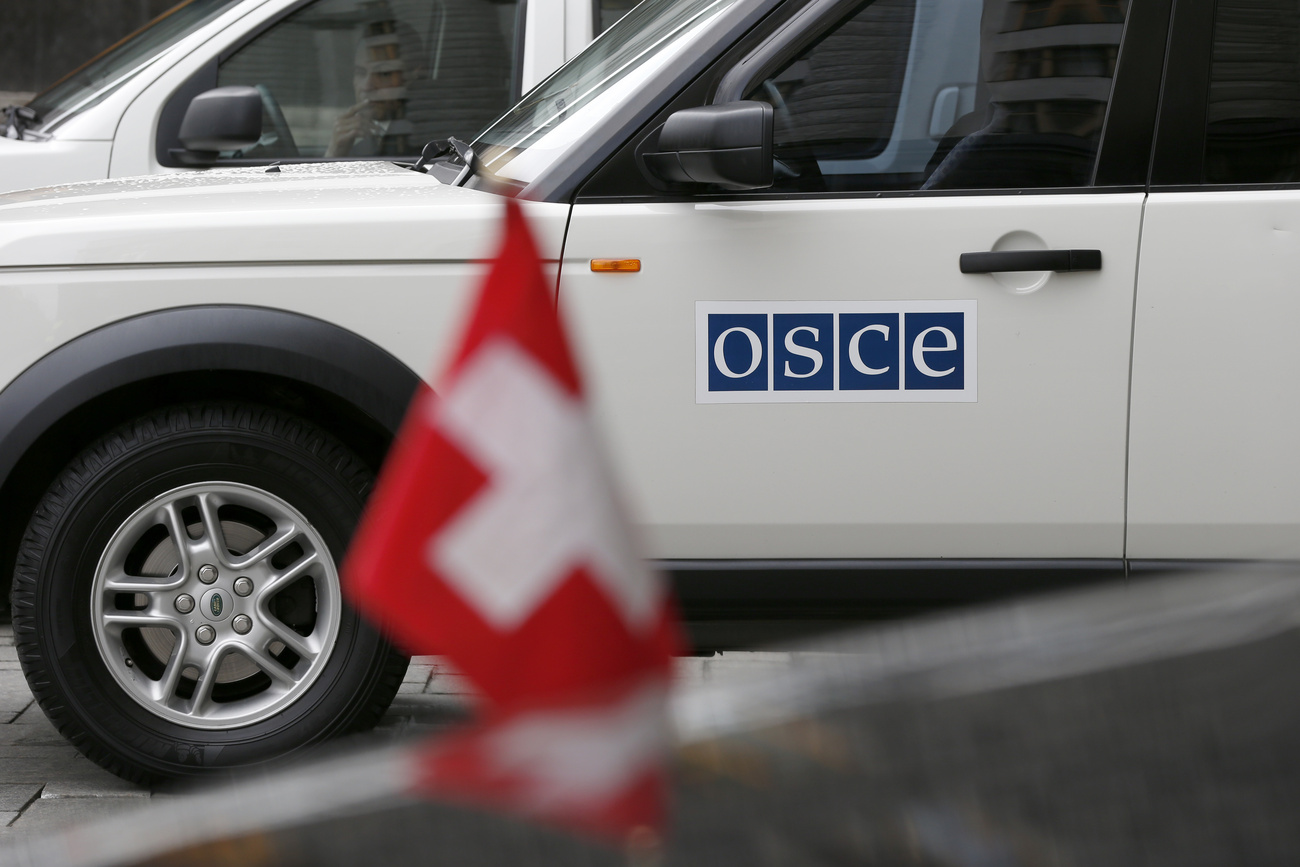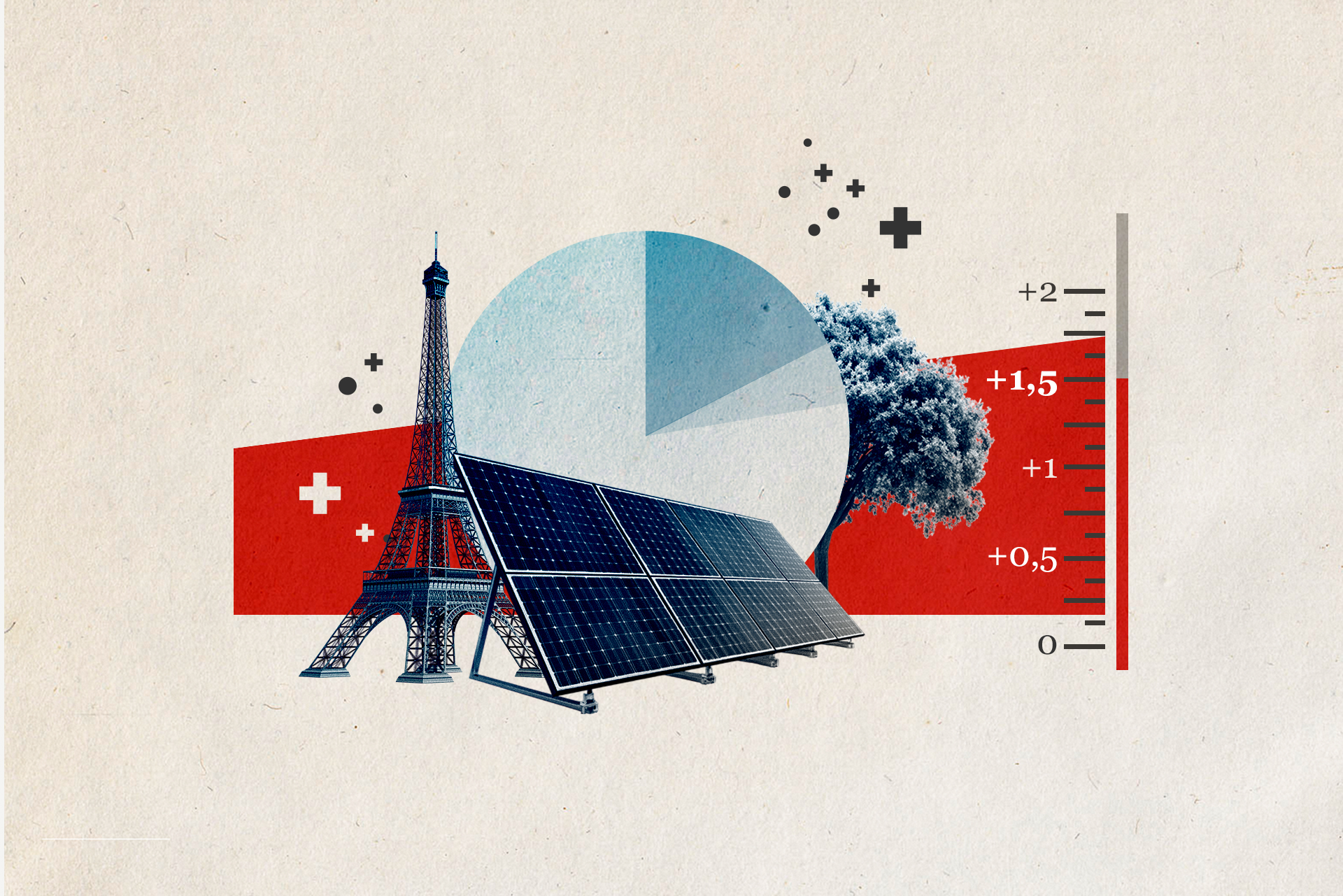
SNB Pledges to Defend Franc Cap as Threat of Deflation Increases
Sept. 18 (Bloomberg) — The Swiss National Bank maintained its cap on the franc and vowed to deploy unlimited currency purchases to defend it, noting an increased risk of deflation.
The central bank, led by President Thomas Jordan, kept its ceiling on the franc of 1.20 per euro and its interest-rate target range at 0 to 0.25 percent at its policy review today, as forecast by economists. Officials said that “the risk of deflation” has “increased again.”
Speculation about the SNB imposing a charge on banks’ excess reserves intensified after the franc strengthened to 21- month high this month as the European Central Bank stepped up measures to aid economic growth. SNB officials have said repeatedly they won’t exclude any further action to defend the currency, including negative interest rates.
“They’re waiting to see how things develop with the ECB before they start using these instruments,” said Peter Rosenstreich, chief foreign-exchange analyst at Swissquote Bank SA in Gland, Switzerland. “They don’t have an unlimited toolbox.”
In a bid to lift inflation, the ECB has announced an asset- purchase plan, though so far it has refrained from large-scale quantitative easing. Further stimulus by the Frankfurt-based institution could renew pressure on the franc.
The Swiss economy has generally fared better than that of the euro area since the cap was set in September 2011. With European growth hurt by sanctions against Russia, the 18-country bloc’s weak growth came to weigh on Switzerland in the second quarter, and SNB President Thomas Jordan said in a newspaper interview late last month the environment has “deteriorated.”
Franc Strength
The franc has gained 1.2 percent against the euro so far this year. Against the dollar it has declined nearly 5 percent since the start of the year.
As the franc approaches upon the 1.20 limit, the SNB’s two- year hiatus on currency interventions might end, according to 15 of 24 respondents in Bloomberg’s monthly survey of economists, published earlier this week. Ten economists said the SNB may even have to resort to charging banks for the excess reserves they keep with it, to stave off currency inflows. The SNB is seen maintaining the cap until 2017 or later, the survey found.
With some Swiss money market rates already below zero, some economists have questioned whether a negative interest rate on sight deposits would help weaken the franc.
“Negative rates aren’t suitable for defending the euro minimum exchange rate,” said Thomas Stucki, chief investment officer at St. Galler Kantonalbank in St. Gallen, Switzerland. “When needed it can only be defended via direct currency-market interventions. The experience of recent years has showed that clearly.”
The SNB’s foreign-currency reserves have ballooned as a result of its interventions to defend the cap. Geoff Kendrick, executive director for research at Morgan Stanley in Hong Kong, sees the SNB spending 100 billion francs ($106 billion) on interventions, should it choose not to enact a deposit-rate charge. The SNB’s foreign exchange reserves stood at 454 billion francs in August, roughly three quarters of annual economic output.
–With assistance from Patrick Winters, Jan-Henrik Förster, Paul Verschuur and Jan Schwalbe in Zurich and Joel Rinneby in Stockholm.
To contact the reporter on this story: Catherine Bosley in Zurich at cbosley1@bloomberg.net To contact the editors responsible for this story: Fergal O’Brien at fobrien@bloomberg.net Zoe Schneeweiss, Craig Stirling



























